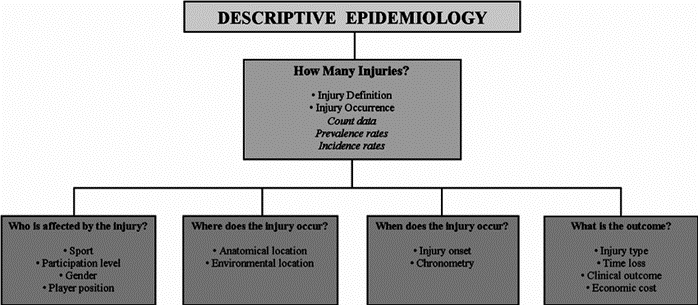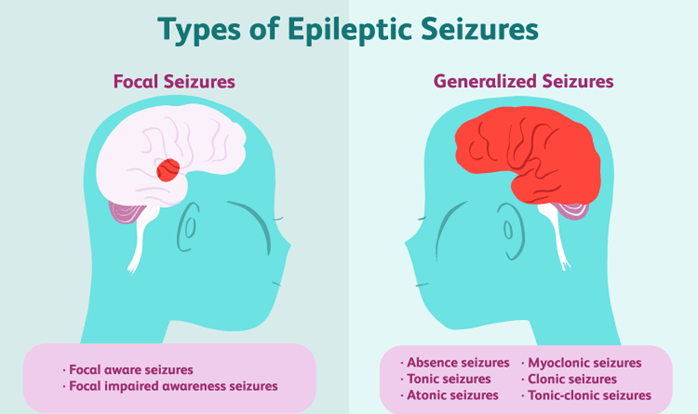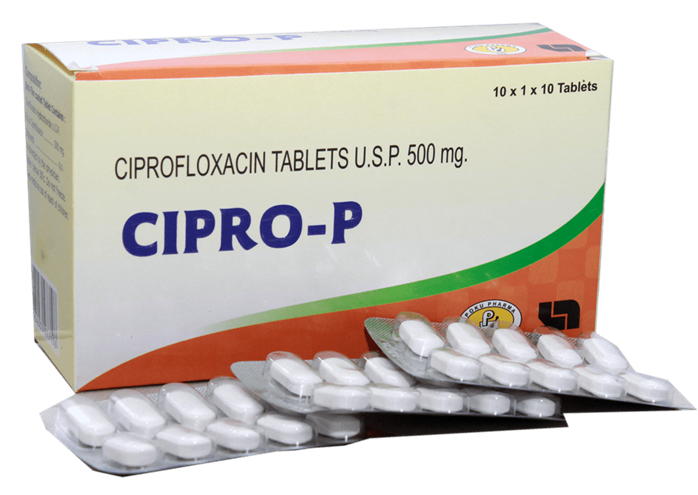A nurse is using analytic epidemiology when conducting a research project on a comparison group. Which of the following research projects is the nurse most likely completing?
Reviewing communicable disease statistics
Tracking locations where family violence is increasing
Describing population characteristics for healthy older citizens
Identifying factors contributing to childhood obesity
The Correct Answer is D
Choice A: Reviewing communicable disease statistics. This is incorrect because this is an example of descriptive epidemiology, not analytic epidemiology. Descriptive epidemiology describes the distribution and patterns of health events in populations, such as the frequency, location, and time of occurrence.
Choice B: Tracking locations where family violence is increasing. This is incorrect because this is also an example of descriptive epidemiology, not analytic epidemiology. Descriptive epidemiology tracks the trends and variations of health problems in different groups or areas.
Choice C: Describing population characteristics for healthy older citizens. This is incorrect because this is another example of descriptive epidemiology, not analytic epidemiology. Descriptive epidemiology provides information about the demographic and social factors that influence health outcomes.
Choice D: Identifying factors contributing to childhood obesity. This is correct because this is an example of analytic epidemiology. Analytic epidemiology investigates the causes and associations of health events in populations, such as the risk factors, exposures, or interventions that affect health outcomes. Analytic epidemiology often uses comparison groups to test hypotheses and draw conclusions.

Nursing Test Bank
Naxlex Comprehensive Predictor Exams
Related Questions
Correct Answer is A
Explanation
Choice A reason: "Move objects away from the client." This instruction should be included in the teaching. It is a safety measure that can prevent injury or harm to the client during a seizure. Moving objects away from the client can create more space and avoid contact with sharp, hard, or hot items.
Choice B reason: "Restrain the client." This instruction should not be included in the teaching. It is a harmful action that can worsen or prolong the seizure. Restraining the client can interfere with their natural movements, cause pain or discomfort, or damage their muscles or joints.
Choice C reason: "Place the client on his back." This instruction should not be included in the teaching. It is a dangerous position that can compromise the client's airway and breathing. Placing the client on his back can increase the risk of choking, aspiration, or suffocation.
Choice D reason: "Insert a padded tongue blade into the client's mouth." This instruction should not be included in the teaching. It is an outdated and ineffective practice that can cause more harm than good. Inserting a padded tongue blade into the client's mouth can damage their teeth, gums, tongue, or lips, or block their airway. Contrary to popular belief, it is impossible for a person to swallow their tongue during a seizure.

Correct Answer is B
Explanation
Choice A reason: Fluconazole (Diflucan) is an antifungal medication that is used to treat infections caused by fungi, such as candidiasis, cryptococcosis, and histoplasmosis. It is not effective against anthrax, which is a bacterial infection caused by Bacillus anthracis.
Choice B reason: Ciprofloxacin (Cipro) is an antibiotic medication that belongs to the class of fluoroquinolones. It is used to treat various bacterial infections, including anthrax. It works by inhibiting the DNA synthesis of the bacteria and preventing them from multiplying. Ciprofloxacin is one of the recommended medications for post-exposure prophylaxis and treatment of anthrax, according to the Centers for Disease Control and Prevention (CDC).
Choice C reason: Varenicline (Chantix) is a medication that is used to help people quit smoking. It works by blocking the effects of nicotine on the brain and reducing the cravings and withdrawal symptoms. It has no role in the prevention or treatment of anthrax.
Choice D reason: Potassium iodide (KI) is a medication that is used to protect the thyroid gland from radioactive iodine in the event of a nuclear or radiological emergency. It works by saturating the thyroid with non-radioactive iodine and preventing it from absorbing radioactive iodine. It has no role in the prevention or treatment of anthrax.

Whether you are a student looking to ace your exams or a practicing nurse seeking to enhance your expertise , our nursing education contents will empower you with the confidence and competence to make a difference in the lives of patients and become a respected leader in the healthcare field.
Visit Naxlex, invest in your future and unlock endless possibilities with our unparalleled nursing education contents today
Report Wrong Answer on the Current Question
Do you disagree with the answer? If yes, what is your expected answer? Explain.
Kindly be descriptive with the issue you are facing.
